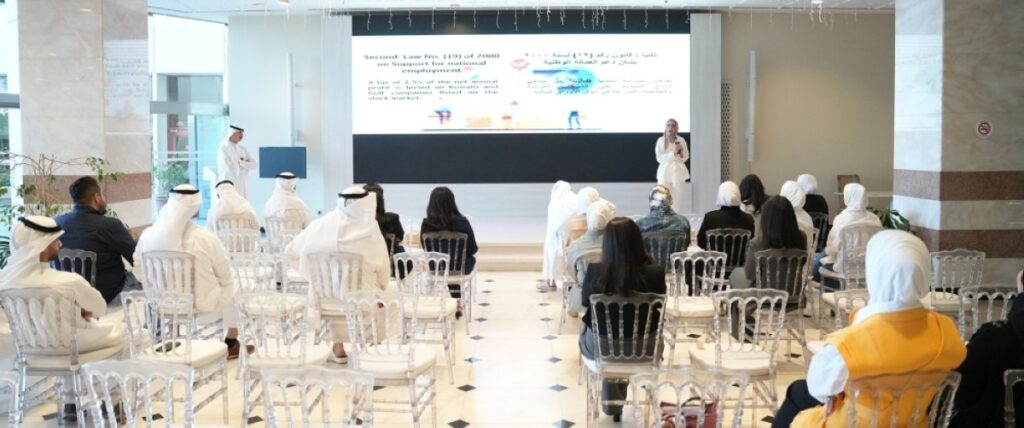KUWAIT: The KUNA Center for Media Capacity Development launched its “Drone Photography” training program on Sunday, with the participation of staff from the Kuwait News Agency (KUNA) and the Qatar News Agency (QNA). Presented by photographer and content creator Omar Al-Sayed Omar, the program runs until November 6 and covers the fundamentals of preparing and operating drones, introduces participants to the latest technologies, and demonstrates safe takeoff and landing procedures.
The training also focuses on drone control techniques for capturing photographic and video content, introducing stabilization systems and vibration reduction tools to ensure high-quality, professional footage. Combining theoretical and practical lessons, the program covers composition principles, essential photography rules, and progresses from basic to advanced skills through hands-on drone operation and shooting.
In a separate initiative, KUNA, in cooperation with the Tax Department at the Ministry of Finance, organized a lecture on Sunday titled “Taxation: A Sustainable Source of Development”, as part of its efforts to promote financial literacy in public institutions. The lecture, delivered by Hessa Al-Shaya, a media specialist at the Tax Department, and Abdul Latif Al-Muhanna, a financial researcher, highlighted the benefits of the tax system, including financing public expenditures and social services, enhancing service quality, encouraging domestic production through taxation on imports, attracting investments, and creating job opportunities.
The speakers detailed different types of taxes and clarified the distinction between taxes and fees. They discussed Law No. 19 of 2000 on supporting national employment, which imposes a 2.5 percent tax on Kuwaiti and Gulf companies listed on the Kuwait Stock Exchange.
The law aims to encourage Kuwaitis to join the non-governmental sector and to reduce disparities in salaries and benefits, ensuring equality in rights and duties as guaranteed by the Constitution. The lecture also addressed Law No. 46 of 2006 concerning Zakat (Islamic alms) and the contributions of public and private companies to the state budget. The speakers explained how Zakat obligations are calculated and allocated to public services, noting that tax revenues support sectors including education, health, electricity, water, utilities, and other essential services.
Established in December 1995, the KUNA Center for Media Development is regarded as one of the region’s leading media training institutions. Over the years, it has conducted hundreds of programs across various media disciplines, aiming to enhance professional skills, develop personal capabilities, and elevate the standard of media work. — KUNA

